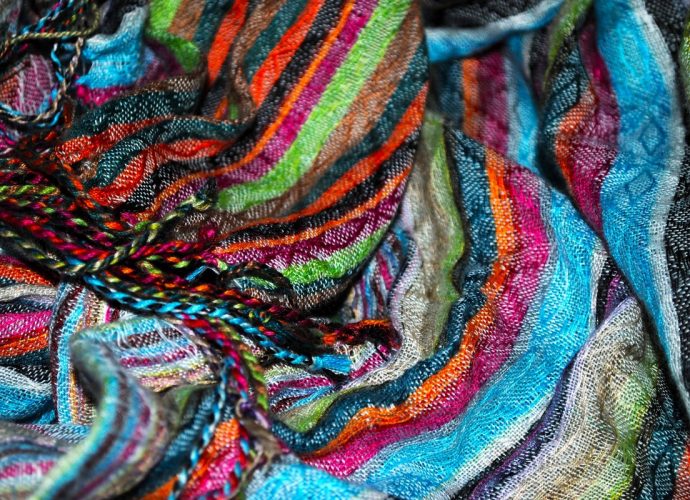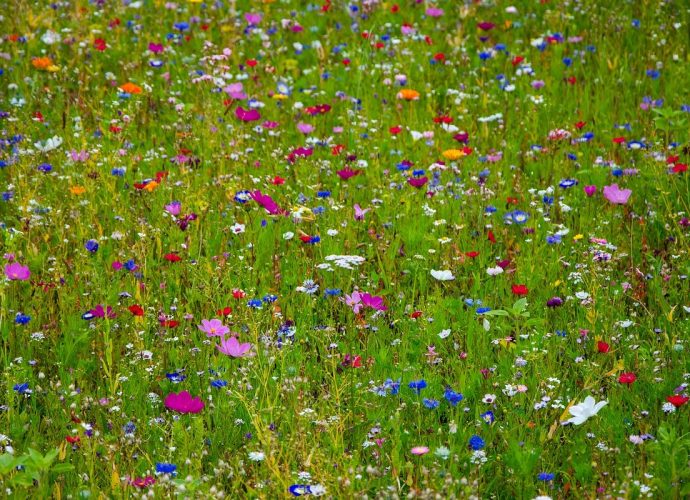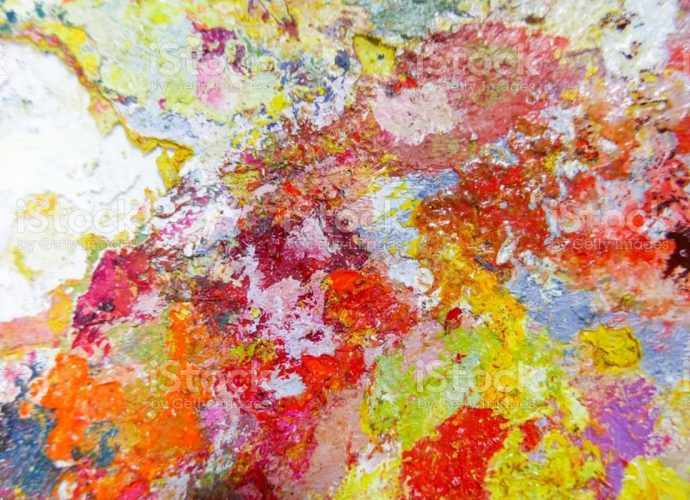How Do You Compost With Nightcrawlers?
Cover the bedding with organic garden soil 8-10 inches deep. Nightcrawlers aerate the soil by digging long tunnels, so be sure that the bin is only halfway full because the volume will nearly double by the time you’re ready to harvest. Are nightcrawlers good for garden soil? Nightcrawlers are beneficialRead More →









